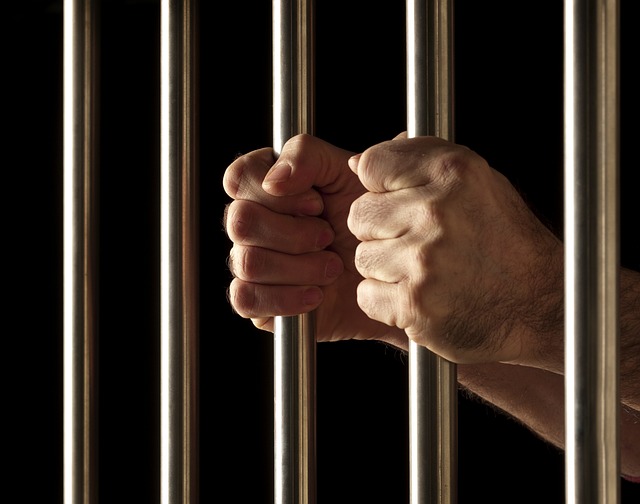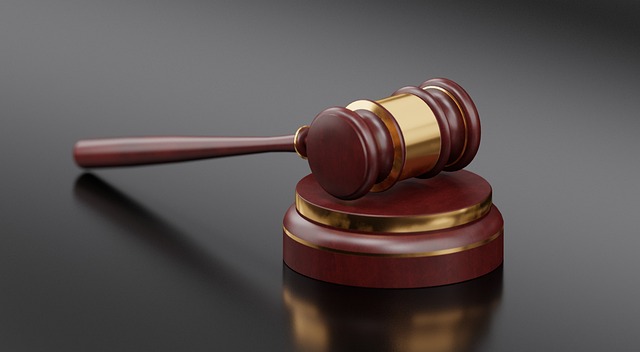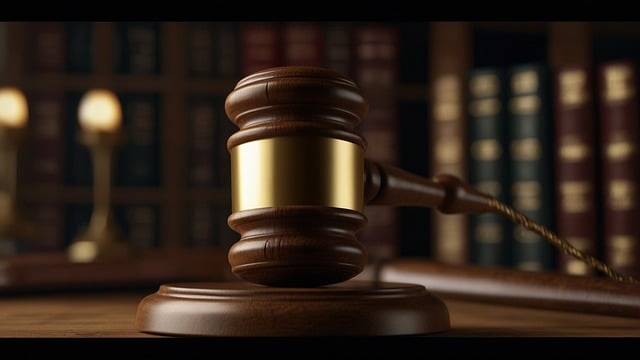Oregon's juvenile justice system prioritizes rehabilitation over punishment, recognizing children and adolescents are not fully responsible for their actions due to their developmental stage. This collaborative approach involves schools, mental health professionals, and community resources to disrupt the cycle of crime and foster positive outcomes. The state's innovative legal defense system focuses on early intervention, diversion programs, and restorative justice, ensuring young people's rights while addressing root causes of delinquent behavior. Juvenile courts handle cases differently from adult offenses, balancing accountability with understanding, and aiming for successful reintegration into society.
“Uncovering Oregon’s Juvenile Justice System: A Comprehensive Guide is your entry point into understanding the intricate framework designed to address youth criminal behavior. This article delves into the key components shaping the legal landscape for juveniles in Oregon. From the definition and purpose of juvenile courts, age jurisdictions, and critical roles like judges, prosecutors, and defense attorneys, to exploring constitutional rights and access to legal counsel, we examine the defensive strategies employed. Furthermore, it highlights Oregon’s commitment to rehabilitation, alternative dispute resolution, and reintegration programs, providing a holistic view of juvenile legal defense.”
- The Juvenile Justice System in Oregon: An Overview
- – Definition and Purpose of Juvenile Courts
- – Age Considerations and Jurisdiction
The Juvenile Justice System in Oregon: An Overview

Oregon’s juvenile justice system is designed to address the unique needs of young people who come into conflict with the law, focusing on rehabilitation and reintegration rather than solely on punishment. This system operates under the belief that children and adolescents are not fully responsible for their actions due to their developmental stage, which influences their decision-making abilities and behavior. As such, the approach emphasizes guidance, support, and evidence-based interventions to help young offenders become law-abiding citizens.
The juvenile legal defense in Oregon plays a pivotal role in this process by ensuring that the rights of young people are protected while also providing representation tailored to their needs. Lawyers specializing in juvenile defense work collaboratively with various agencies, including schools, mental health professionals, and community resources, to offer comprehensive support to their clients. This collaborative approach aims to disrupt the cycle of crime and provide alternatives to traditional adjudication, focusing on long-term positive outcomes for the youth.
– Definition and Purpose of Juvenile Courts

Juvenile courts in Oregon play a crucial role in addressing and adjudicating issues related to minors who have been involved in criminal or delinquent behavior. These specialized legal forums are designed to handle cases involving children and adolescents, focusing on their rehabilitation and reintegration into society rather than mere punishment. The primary purpose is to provide a safe and supportive environment where juvenile offenders can receive the necessary guidance and services to turn their lives around.
Oregon’s juvenile legal defense system aims to protect the rights of young people while ensuring they are held accountable for their actions. It emphasizes the importance of early intervention and offers various alternatives to traditional prosecution, such as diversion programs, restorative justice practices, and specialized treatment options. This approach not only addresses the underlying causes of delinquent behavior but also fosters a sense of responsibility and personal growth in juveniles.
– Age Considerations and Jurisdiction

In Oregon, the juvenile legal framework recognizes that young individuals, aged 10 to 16, are accountable for their actions but require specialized consideration due to their developmental stage. This age range sets the boundary for jurisdiction in juvenile courts, where cases involving minors are handled differently than adult offenses. The state’s juvenile legal defense system aims to balance accountability with understanding and support, acknowledging that young people may need guidance and intervention rather than strict punishment.
The jurisdiction of these courts extends to various delinquencies, from minor infractions like truancy to more serious crimes. When a juvenile is charged, the court conducts a hearing to determine the facts and decide on an appropriate course of action. This process involves assessing not only the nature of the offense but also the youth’s background and potential for rehabilitation, ensuring that their legal defense aligns with their best interests while addressing the concerns of public safety.
